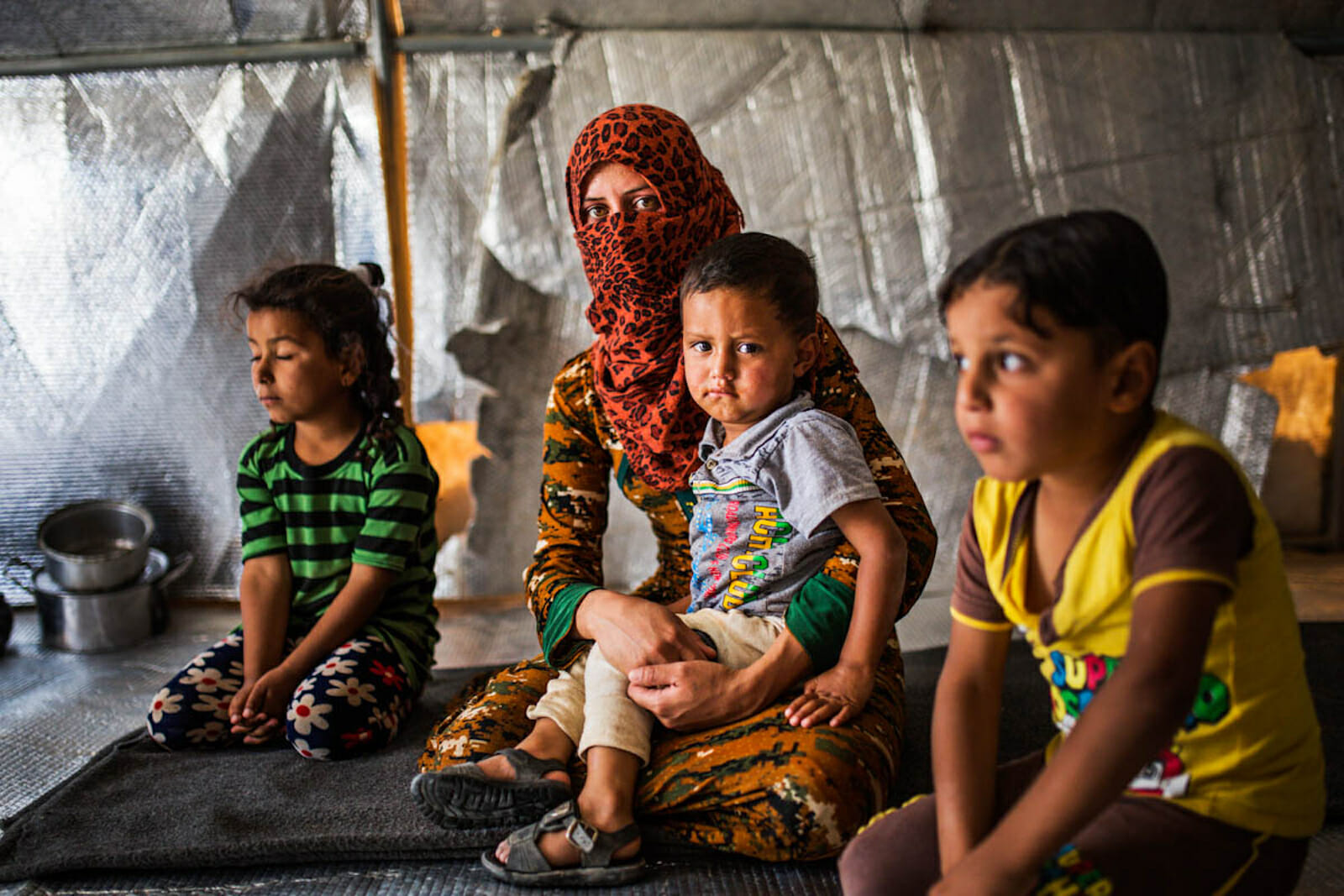Suffering in Silence: Women of Iraq’s Prisons

Suspected ISIS militants and sympathizers are packed into prisons across northern Iraq. Most are men, but some are women: often wives or female relatives of ISIS militants. While almost all prisoners experience abuse, inhumane quarters, torture, and detainment without trial, women are abused specifically because they are women. Iraqi security forces target enemies by illegally arresting their female relatives. Women are threatened with sexual violence or are actually abused, in front of their husbands and children. When women are tortured to confess, they are also raped and, afterwards, refused medical care.
Perhaps because of its own Abu Ghraib scandal in 2003, the United States government has been silent on human rights abuses in Iraqi prisons. There have been no watchdog reports or public condemnations. There has been no outcry about gender-based violence. In order to curb these human rights abuses, the U.S. Department of State should partner with the UN, Amnesty International, and Human Rights Watch to conduct watchdog operations in Iraqi prisons focused on women.
Just the presence of watchdog projects may be enough to convince Iraq to clean up its act, especially if the United States is behind them. While Human Rights Watch has produced a couple of reports, few investigations have been done on an intergovernmental level. If the United Nations and the United States get involved and there is a threat of international exposure and sanctions, the government of Iraq will notice and make changes.
Because watchdog operations are relatively low-profile, any changes that result will look like they came directly from the government of Iraq. This builds trust between the government of Iraq and the Iraqi people, especially Iraqi women, and counters ISIS recruitment. When security forces stop arresting women in retaliation for the crimes of their male relatives, women will be more likely to trust and support security forces, perhaps even convincing them to turn in criminal relatives.
Complex emergencies like the reconstruction of Iraq post-conflict are notoriously difficult to organize, but watchdog projects make for relatively simple collaborations. It would be easy for the U.S. to find partners for these projects in the UN and in international NGOs. Not only would this allow the U.S. to save resources, but it would make for a more effective investigation; representatives from the U.S. and the UN can reach certain officials with formal authority, while NGOs can reach others by operating in an unofficial capacity.
Some may worry about the optics of continued intervention in Iraq. Yet watchdog operations allow the United States to maintain a supervisory role without directly telling the government of Iraq how to manage its judicial system. Moreover, there is already U.S. foreign assistance funding to Iraq appropriated for rule of law and democracy building initiatives. There would be no need to seek additional resources.
Women in northern Iraq are being illegally incarcerated, abused and tortured. The United States can’t turn a blind eye just because they’re related to suspected ISIS militants. Article Five of the Universal Declaration of Human Rights says that no one should be subject to torture or inhumane punishment, and it’s clear that women are particularly vulnerable in this respect. If the United States begins watchdog projects in partnership with the UN and international watchdog NGOs, Iraq will reform its judicial system. Radicalization will be slow, Iraq will begin to rebuild, and women will begin to feel safe.